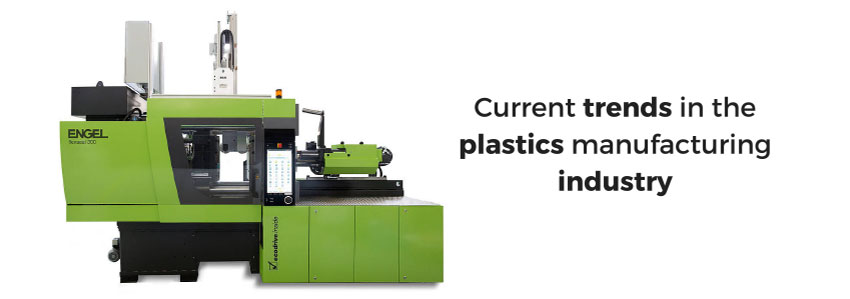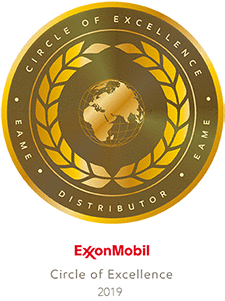Current trends in the plastics manufacturing industry
 Current trends in the plastics manufacturing industry
Current trends in the plastics manufacturing industry
Nowadays, plastic is used in manufacturing a very large number of objects, equipment, electrical products and home appliances, auto parts and accessories, and many more. It is present in our lives every day and it is a fair alternative, both because of its price and because of its low weight and its durability.
The plastics industry is stable, with growing trends that positively influence the functioning of the economy in many European countries. After China, where 26% of the total quantity of plastic is produced, Europe is the second continent where plastic is mass produced, holding 23% of the global production.
The industrial sectors using the largest amounts of plastic are the packaging, construction, automotive, electrical and agricultural industries. Specialists in plastics manufacturing argue that this material is sustainable, which is why it is used in so many areas of activity.
Plastics manufacturing and recycling, but also the discovery of new ways to produce this material, have a positive influence on both the economy and technology. See below some current trends visible at the global level for this industrial sector.
Trends in the plastics manufacturing industry
Unlike other materials, plastic is much lighter, more simple to install or to integrate into various structures and more convenient than other alternatives regarding its price. Moreover, its resistance to corrosion is higher than that of many materials used until now.
Trends in the plastics manufacturing industry are important to follow, especially if you are one of the manufacturers working with plastic equipment or with equipment intended to produce plastic objects.
See below the latest trends in the industry:
- Plastic becomes increasingly lighter and replaces, slowly but surely, heavy materials such as metal. Both the automotive industry and the rest of the industries opt for the use of plastic now more than ever.
- Manufacturers go by the 3 R – reclaimable, recyclable & renewable. Studies show that the materials recovered after recycling are used almost entirely to the manufacturing of other objects, which is why the economy benefits from it.
- Recycling represents a priority. If you are a manufacturer who uses plastics, you should know that in 2011 the European recycling rate was 60%. Since then, this rate is constantly growing and helps save material and financial resources.
- The reduction of production costs is a priority now more than ever. Lowering production costs has always been a priority, but there were not always viable methods to attain this objective. Plastics production is a viable method through the reuse of materials.
- Innovations in the plastics industry are regarded by researchers worldwide. The technologies used for the development of the equipment in the plastics manufacturing industry is continuously evolving, primarily to reduce manufacturers’ costs and to create an eco-friendly manufacturing process. Also, the development of new technologies is essential for the discovery of new mixes of plastics that are proving to be extremely resilient.
Therefore, if you are part of the plastics manufacturing industry and you are looking for ways to save money, but also to create sustainable products, it is good to know that plastic might be the answer to your questions.
Do you use industrial equipment for the production of plastic or plastic objects? Then you should focus your attention on the sustainability of the equipment used, as this industry is booming. And in order to do this, you need products for a high-quality maintenance.
The increase of equipment performance in the plastics industry may occur in the presence of high-quality industrial lubricants compatible with every type of mechanism.
For more details about the most suitable lubricants for the equipment you are working with, click on the image below and request a customized offer. A Star Lubricants representative will contact you to help you learn how to increase equipment sustainability and quality through the use of lubricants suitable for the plastics manufacturing industry.







